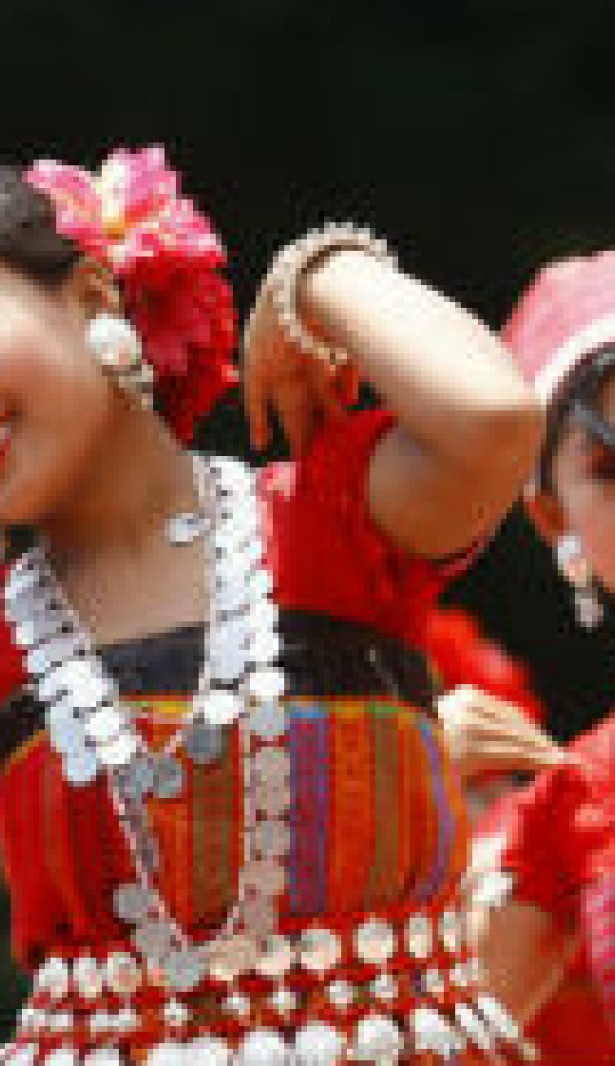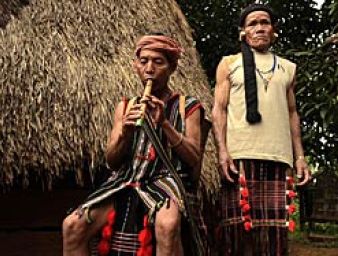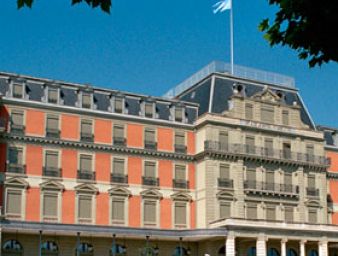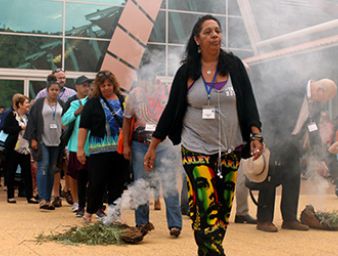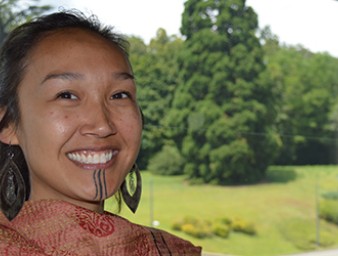Protection of cultural heritage must include views of indigenous peoples
28 July 2015
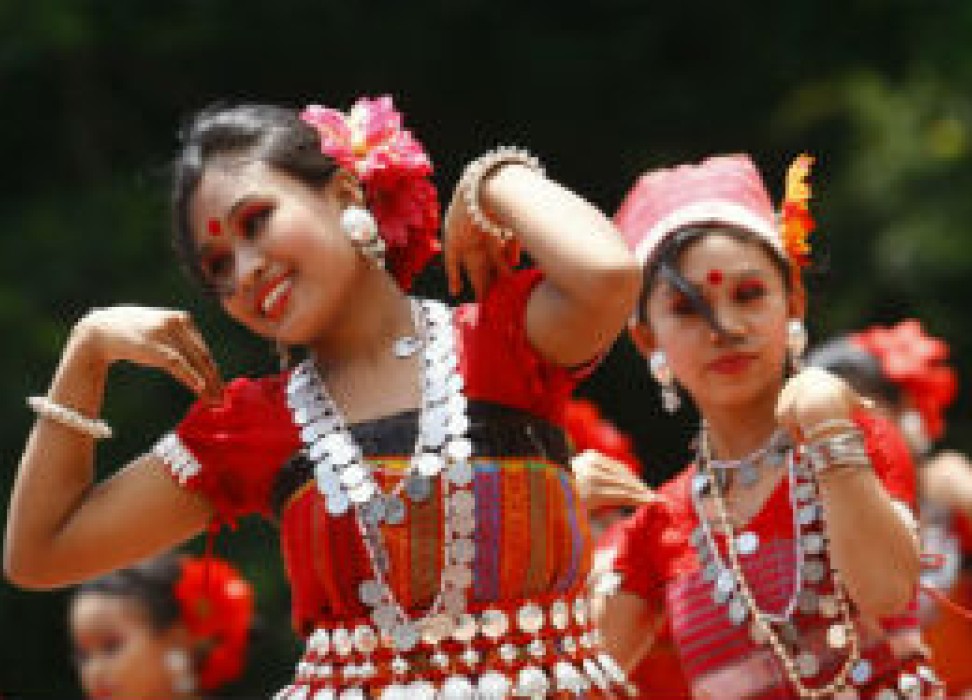
We stand at a key moment in history, one in which the world has the opportunity to change direction and adopt a new agenda regarding development, said UN High Commissioner for Human Rights Zeid Ra’ad Al Hussein.
“But to do so, it will be vital to ensure that throughout the key negotiations that will take place…due emphasis is given, at last, to the rights and to the voices of indigenous peoples,” he said.
Zeid made his speech during the Eighth session of the Expert Mechanism on the Rights of Indigenous Peoples, which took place in Geneva. The meeting brought together more than 300 members of indigenous communities, States, national human rights institutions and others, to review draft studies and work looking at the rights of indigenous people in a variety of areas.
The Expert Mechanism on the Rights of Indigenous Peoples is mandated by the Human Rights Council to provide advice and studies on issues as requested by the Council. The five experts, appointed for a period of three years, may also suggest proposals to the Council within the scope of their work.
One of the studies presented looked at the promotion and protection of the rights of indigenous peoples with respect to their cultural heritage. For indigenous peoples, protection of heritage is deeply entwined with protection of traditional territories. Lack of recognition of indigenous peoples’ land rights impacts on how they can enjoy and protect their cultural heritage, the report stated. The report further mentioned other issues regarding cultural heritage including misappropriation, protection of traditional knowledge and tourism.
The report makes a number of recommendations to States (local, regional and national), international organizations, and indigenous peoples and their organizations. Some of these included: urging States to enable indigenous peoples to actively participate in safeguarding, monitoring, interpretation and preservation of their cultural and natural heritage; developing better coordination and collaboration between international institutions and UN agencies on matters relating to cultural heritage and human rights; and indigenous groups ensuring equal and active participation of women in discussions and decisions on cultural heritage.
The study will be presented to the Human Rights Council at its 30th Session in September.
Zeid said he hoped that the study and other work of the meeting would turn into commitments to implement the provisions of the United Nations Declaration on the Rights of Indigenous Peoples.
“We need action, principled action which demonstrates that our resolve to advance the rights of indigenous peoples is not a matter of empty rhetoric, but real,” he said.
28 July 2015
